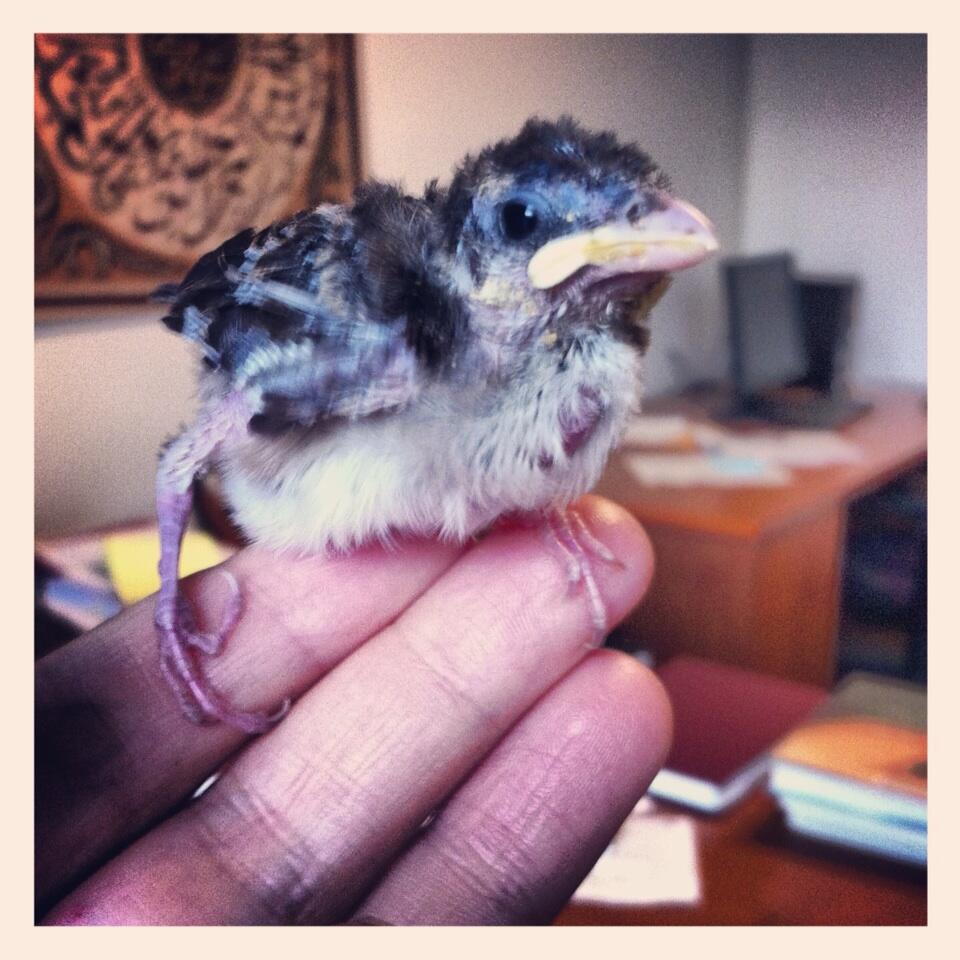Lately I've been reading a constellation of books on pregnancy and loss. For my midwifery course I'm reading When a Baby Dies, a useful handbook for practitioners giving narratives from parents who have lost pregnancies or infants, with important resources and information on how best to support them. It's matter of fact, practical. I'm also reading Emily Rapp's The Still Point of the Turning World, the memoir of her son Ronan's life and death following his diagnosis with Tay-Sach's disease (which she blogged about here), and Shadow Child by P.F. Thomese, whose infant daughter died. These are very different kinds of books, written by people who write as a craft, so that they are painful and poignant in ways that a guidebook can never be.
Both Thomese and Rapp find themselves creating new worlds of words to map out grief and fear. Thomese explains of his daughter "[i]f she still exists anywhere, then it’s in language." Of the changes wrought by grief:
Language, everything had been hollowed out by events. No word had kept its meaning.
Rapp writes about her son Ronan's experience of the world, unformed by language:
Words and descriptions were meaningless abstractions. He was simply going forward every moment and leaving everything behind. No analysis, no memory, no stress, no desire. He let everything pass; he let it all get lost. In that gap where he existed there was no map for his meaning.
Ronan, who passed away in February of this year, had a consciousness entirely limited and yet made limitless by his lack of language. As a baby, he was not restricted by a semantic field; each day he woke to the world anew. Perhaps it is making a hard and sad thing better to admire this state of being, to live one's entire life in the moment. Of Ronan's "animal experience" she writes:
immediate touch, taste, sight, sound with no cognitive recall; there was no storing of memories, joyful or fearful or terrifying or liberating or otherwise. Just bald experience that ended as quickly as it began: a feather brushed against a cheek, a startling sound, the surprise of a new sensation, and then it's forgotten.
Rapp also writes about what it's like parenting a child without a future, in a culture where parenting is so much about preparing for life success. "How did we understand the meaning and purpose of Roman's life in a society--like most societies--that was dedicated to progress and achievement, where going back was synonymous with failure?" This is a sad story, and I think we have something to learn about parenting from Ronan and Emily; how to be with a child without anticipating the future, how to share now with a child.
---
I've been drawn to these books in part because I want to know what to do, and who to be, when the time comes to grieve with someone who loses a child. I met a midwife last night who ended her career in hospice care, which makes absolute sense to me. Birthwork, deathwork, two sides of a coin. Walking with someone and their family through the fire, an intimate experience that calls for absolute presence and open-hearted support. It's an honor to do this work, and one day it would be an honor to do hospice work.
I've also recently lost a friend, hit by a drunk driver while crossing a street in New York (I visited the city for something of a vigil for her, and wanted to scream at every single drunk twenty-something standing out in the street on 2nd Ave. at 2am, hailing cabs like toreadors, that this is a way that people die, that they will someday die, and that we absolutely must, must respect life by not acting so utterly stupid). I've needed to come to terms with death. (Rapp: "All must come unbound and undone. All will unravel.) So I've also appreciated that these authors are exploring the map of grief, so that I can understand it. If grief is about loss, and I think it is, then I haven't had much of it, alhamdulillah, but I know that we all get our portion. It's not a competition, either, as a high school friend once made it out to be, scarring me. Rapp writes: "You can, for just a moment, fuse grief like a bone, but the memory of the ability to bend lingers inside, like an itch running in the blood, just beneath the skin." I miss Roxy.
---

And on the other side of things, I found a feathered sparrow nestling after a storm a few days ago and have been caring for her. I feed her baby bird formula through a plastic syringe, two mouthfuls and then she clams up. We call her Torshi, after the Egyptian pickle. She peeps when she's hungry, like clockwork takes a ceremonious poop, then burrows back into a pile of t-shirt scraps. I've wondered a bit why I would take this on, and not let her be absorbed back into the mystery where I found her. I don't know, other than I couldn't not do it. I'm learning things from her about the way the Most Merciful holds me in His nest. I let my lap warm her a few nights ago, making zikr, painfully aware all of the sudden of the things, the warmth I take for granted.
